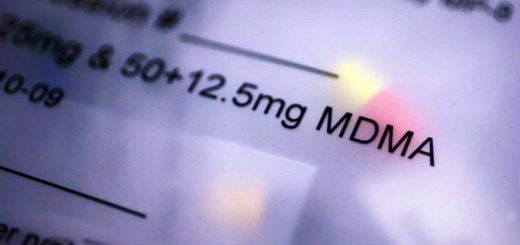California approves driverless taxi expansion in San Francisco
Waymo and Cruise can now charge for ride-hailing services throughout San Francisco despite objections that driverless cars interfere with traffic and first responders
By Jeremy Hsu
11 August 2023
A Waymo self-driving car in San Francisco
Shutterstock/Iv-olga
Driverless cars have the green light to operate as paid ride-hailing services in San Francisco after the companies Waymo and Cruise won approval from California state regulators. But the decision comes amidst pushback from city officials and residents over the cars creating traffic jams and interfering with the work of firefighters and police officers.
The roll-out of driverless cars in San Francisco has had a bumpy start. Viral videos have shown them creating traffic problems or ignoring firefighter and police commands during emergencies, while local activists have halted them by placing traffic safety cones on their bonnets (hoods) to trick vehicle sensors.
“Regardless of how the vote comes out, the companies have lost a huge amount of credibility,” says Missy Cummings at George Mason University in Virginia. “They’ve lost a huge amount of what otherwise was public favour when they first started driving five years ago.”
Advertisement
Read more:
Driverless cars could get AI-powered heat vision for nighttime driving
On 10 August, the California Public Utilities Commission (CPUC) heard more than five hours of public comments before approving the driverless car companies’ requests in a 3 to 1 decision. Waymo and Cruise can now expand their commercial services to charge passengers for round-the-clock driverless robotaxis in San Francisco – although the companies have suggested that they would not immediately add swarms of additional driverless cars.
But in a meeting held on 7 August just days before the vote, San Francisco fire chief Jeanine Nicholson told the commissioners about firefighters having to “babysit” driverless cars for up to half an hour after the vehicles drove into the middle of fire or medical emergencies. She also said tech companies have withheld data on such incidents from the public and having failed to consult early on with emergency responders.


